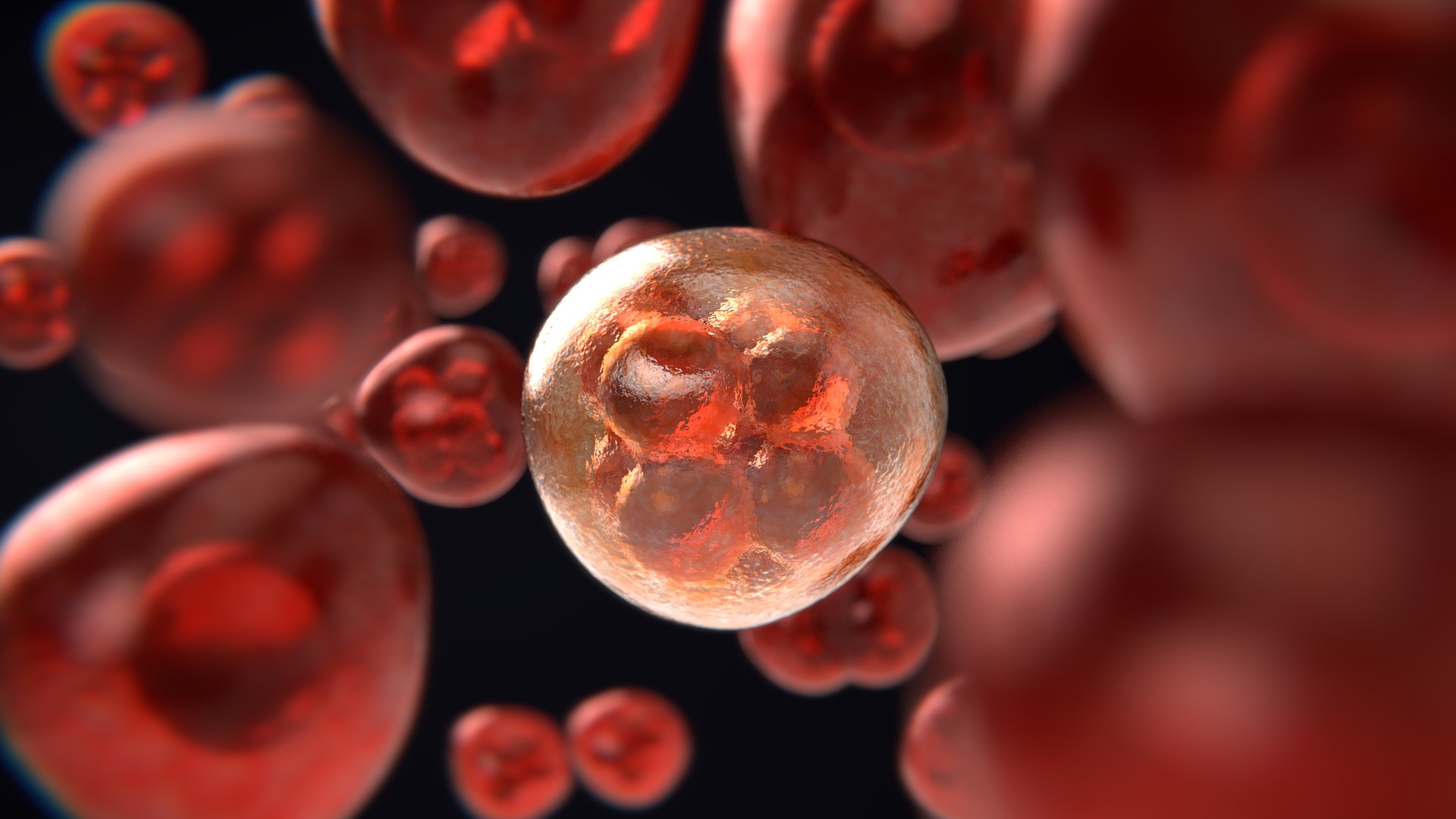Acute myeloid leukemia (AML) is a type of cancer that occurs in the blood and bone marrow.
It is characterized by the rapid growth of benign cells that interfere with normal blood cell production. The disease is named so because it affects a group of white blood cells called the myeloid cells and prevents them from becoming mature cells that form the basic structure of the blood. The word “acute” signifies how rapidly the disease spreads.
Here are some general signs of acute myeloid leukemia: [Courtesy: Mayo Clinic]
- Fatigue
- Bone pain
- Pale skin
- Frequent infections
- Easy bruising – occurs due to the lack of red blood cells, thus slowing down the blood clotting process
- Frequent nosebleeds
- Shortness of breath – caused by the dearth of red blood cells that carry oxygen in the blood
Acute Myeloid Leukemia Awareness Day is observed annually on April 21. Here are six key facts about the disease everyone should to know:
- Spreads very rapidly: The disease causes an explosion of immature white blood cells called myeloblasts, which are mostly dysfunctional. This leads to a shortage of infection-fighting white blood cells, which is why people with AML are more prone to infections. The leukemia cells then enter the bloodstream and spread to other parts of the body.
- It’s pretty common among adults: Five out of 100,000 people in the U.K., and around 20,000 people each year in the U.S. are affected by the disease, according to American Cancer Society estimates.
- Risk factors: There are no specific reasons behind the disease but factors like age, smoking, genetic disorders and blood diseases play a role.
- Chemotherapy is the main treatment: Like all other cancer cases, chemotherapy is prescribed for AML patients too. An effective alternative is a stem cell transplant.
- Seeking medical help at the earliest is important: One must pay a visit to the clinic as soon as any of the symptoms start to manifest.
- A good diet can improve the immune response of the body: Eating a healthy diet rich in fruits, vegetables and whole grains can achieve a speedy cancer recovery.
Pixabay


